It’s time to center environmental justice in every fight. Labor unions, environmental justice stalwarts, progressive philanthropists, and strategic policy centers must commit to anchoring economic justice vis-à-vis unionism & environmental justice at the heart of virtually every mission.
I believe the urgency of this is apparent–we’re running out of time. It’s clear to me that our circumstances are grim. We’re seeing near-unprecedented levels of wealth disparity, wages that have stagnated for decades, soaring healthcare costs, new deadly health risks at home and work, and worsening climate disasters.
Things, on a global scale, look bleak. And it’s accelerating. For working people, “sustainable,” as a descriptor of our economy, never has been and will never be applicable. The accelerating rate of climate change and worsening weather-related disasters is gasoline on fire. We must change the way our economy runs, now. To do that, we need to change how profits-above-all-else corporations behave. There’s only one surefire way to compel a business to change its practices: the collective power of unionized employees.

That’s why I’m advocating for an idea that’s both grand and simple: mass unionization. There was encouraging news out of AFL-CIO recently in the form of a per capita increase dedicated to new organizing in industries with low union density. We need more investments like this. Organizations of all kinds that drive an agenda to help working families ought to live and breathe mass unionization as part of their core missions.
As I’ve written before, energy transition is remaking the American rural south, bringing in thousands of new skilled jobs to build low-emission vehicles. But producing vehicles that do less harm to the environment is only one piece of the puzzle. There must be a concerted effort to organize every growing or transitioning sector, linking energy transition to rising working and living conditions. Union jobs mean safer jobs, family wealth, and a better shot at a retirement that can weather worsening climate change.
Some of the biggest contributors to climate change are corporations that are more willing to spend on employee surveillance than on employee health and safety. A 24-year-old Teamster died after passing out in his truck from extreme heat; UPS does not air condition its trucks. Suicides are shockingly common at Amazon facilities; rather than change their policies, Amazon “warned” employees their work might cause suicidal thoughts. Employers everywhere have abandoned COVID-19 mitigation strategies like masks and ventilation, forcing people to risk multiple exposures a year.
All of this is happening amidst worsening climate disasters, like Hurricane Ian, the worst storm to ever hit Florida, devastating home values and, with them, retirement savings. Without a thriving labor movement, there hasn’t been enough worker pressure to demand retirement security as part of a standard compensation package at scale — for organized and unorganized working people. When families lose a generation of wealth in a climate disaster, the hit will be felt for generations. We’re seeing families increasingly on the edge of a cliff of financial devastation, and the cliff is being eroded by climate change.
The culprit for all this human suffering is corporate greed. The same companies that suppress wages and drive up prices are also adding to the overall impact of climate change through fossil fuel emissions. They continue to pursue a scorched-earth agenda, burning through people and making our planet intolerable for all but those wealthy enough to insulate themselves from the effects of climate change.
A resurgent labor movement could change things at a faster pace. Time is of the essence. Organizing vast swaths of the economy would put power back in working people’s hands to determine how our society will address the crises we face. Every labor contract negotiation would be a chance to advance an equitable green agenda, like what’s being done at Bargaining for the Common Good. Every groundbreaking on a new factory born of an energy-transition initiative would be a chance to improve the rights of working people and ensure access to safe, high-wage unionized employment.
Furthermore, with collective power, workers could demand not only fair compensation with a dignified retirement, but also ethical green practices, so the company they work for doesn’t pollute the environment where they live and further drive our planet into ruin. The same principle applies to federally funded government initiatives and state-level policy decisions. Pressure from organizations like Jobs to Move America recently prompted California Governor Newsom to sign the High Road Jobs Program, which “supports the creation and retention of quality, non-temporary, full-time jobs in green transit manufacturing.”
Corporate greed is a fact of life in our economy, but so is worker power. The corporations fueling climate change are also keeping wages depressed, retirements risky, and costs high. To change the behavior of these corporations, both in terms of how their employees are treated and how they operate on the environment, we need a foothold of power to compel changes. The way we get there is through mass unionization.



